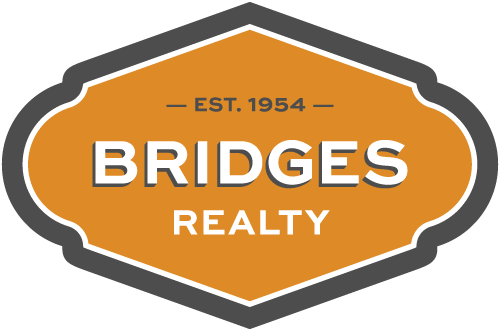With the rapid appreciation that homes have had in the last two years, most homeowners have equity. A common way to release part of the equity is to cash-out refinance, but some homeowners may not be eligible currently.
A cash-out refinance replaces your existing mortgage with a new home loan for more than you owe on your house. The difference goes to you in cash, and you can spend it on home improvements, debt consolidation, or other financial needs.
Typically, the rate on a cash-out refinance will be slightly higher than a traditional purchase money mortgage. As is the case in any lending situation, the rate depends on the borrower's credit and income. The best interest rates are available to borrowers with higher credit scores, usually over 740.
Loan-to-value can affect the rate a borrower pays also. For example, a 70% loan-to-value mortgage could be expected to have a lower interest rate than an 80% LTV because there is a more considerable amount of equity remaining in the property and, therefore, less risk for the lender.
There are no restrictions on how the owner can use the money. It can be used for home improvements, consolidating debt, other consumer needs, or for investment.
Eligibility Requirements as found in FNMA Selling Guide B2-1.3-03 Cash-Out Refinance Transactions
Cash-out refinance transactions must meet the following requirements:
The transaction must be used to pay off existing mortgages by obtaining a new first mortgage secured by the same property or be a new mortgage on a property that does not have a mortgage lien against it.
Properties that were listed for sale must have been taken off the market on or before the disbursement date of the new mortgage loan.
The property must have been purchased (or acquired) by the borrower at least six months before the disbursement date of the new mortgage loan except for the following:
There is no waiting period if the lender documents that the borrower acquired the property through an inheritance or was legally awarded the property (divorce, separation, or dissolution of a domestic partnership).
The delayed financing requirements are met. See Delayed Financing Exception below.
Suppose the property was owned prior to closing by a limited liability corporation (LLC) that is majority-owned or controlled by the borrower(s). In that case, the time the LLC held it might be counted towards meeting the borrower's six-month ownership requirement. (To close the refinance transaction, ownership must be transferred out of the LLC and into the name of the individual borrower(s). See B 2-2-01, General Borrower Eligibility Requirements (07/28/2015) for additional details.)
If the property was owned prior to closing by an inter-vivos revocable trust, the time held by the trust might be counted towards meeting the borrower's six-month ownership requirement if the borrower is the primary beneficiary of the trust.
For DU loan case files, if the DTI ratio exceeds 45%, six months reserves are required."

